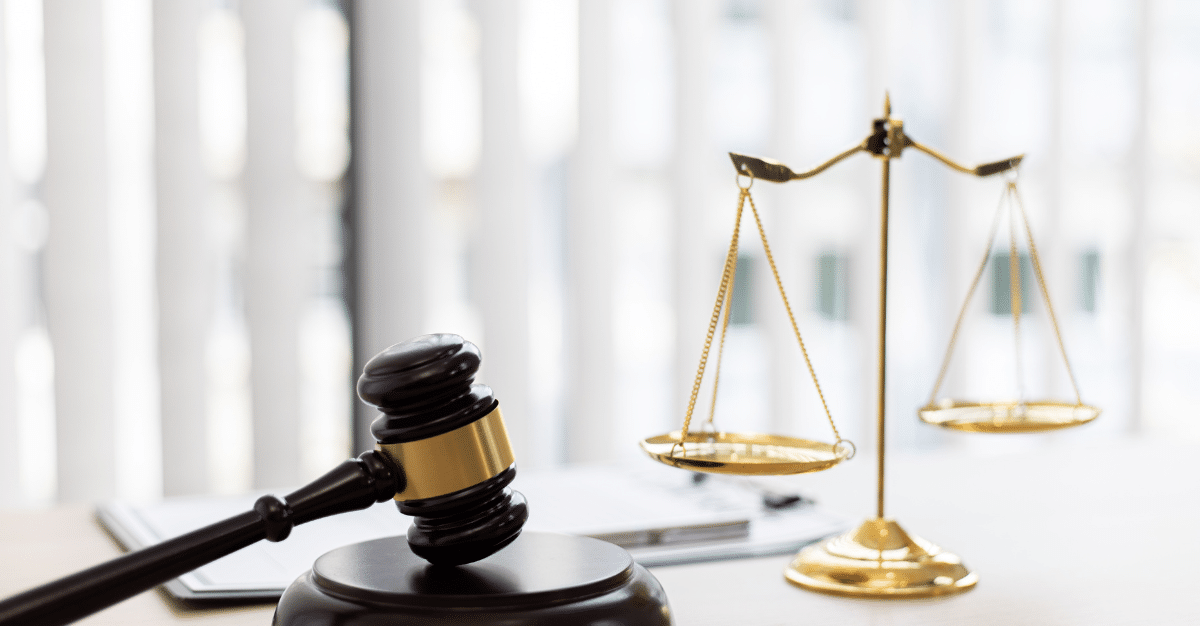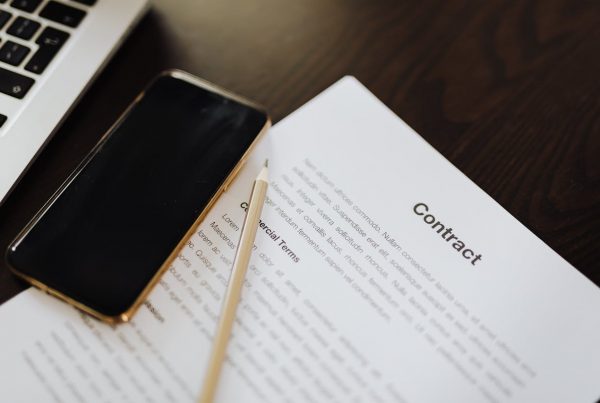By DLLC – Law Firm in Singapore
Property disputes between landlords and tenants can be challenging, but understanding the legal framework can make navigating these conflicts smoother. By addressing issues like lease terms, maintenance responsibilities, late payments, and property damage, both parties can avoid unnecessary stress and focus on maintaining a healthy rental relationship. This guide offers practical tips and legal insights to resolve common rental conflicts fairly and efficiently.
Understanding the Lease Agreement
The lease agreement is the foundation of any rental relationship. A well-drafted lease should clearly outline the terms and expectations to prevent disputes.
Key Elements to Review:
- Lease Duration: Does the lease specify a fixed-term period or allow month-to-month agreements?
- Rent Payment Terms: When is rent due? Are there penalties for late payments?
- Maintenance Responsibilities: Who is responsible for repairs or upkeep?
Tip for Landlords: Use simple, clear language in lease agreements to ensure tenants fully understand their obligations.
Tip for Tenants: Before signing, read the lease carefully and ask questions if any terms seem unclear or unfair.
Maintenance and Repairs
One common source of conflict is determining responsibility for property maintenance and repairs.
Landlord’s Responsibilities:
Landlords are typically required to provide a safe, habitable environment. This includes fixing major structural issues, plumbing, electrical systems, and appliances provided as part of the rental.
Tenant’s Responsibilities:
Tenants are generally responsible for keeping the property clean and reporting maintenance issues promptly. Damages caused by negligence, such as a broken window from a party, may fall under the tenant’s responsibility.
Practical Advice:
- Document Conditions: Both landlords and tenants should document the property’s condition before move-in and after move-out with photos or videos.
- Address Issues Quickly: Prompt communication about maintenance needs can prevent small issues from escalating.
Handling Late Payments
Late payments can strain the landlord-tenant relationship.
Landlord’s Options:
- Grace Periods: Consider including a grace period in the lease before penalties apply.
- Late Fees: Clearly define any late payment fees in the lease.
Tenant’s Perspective:
If you’re facing financial difficulties, communicate openly with your landlord. Proposing a payment plan might help avoid eviction or legal action.
Pro Tip: Mediation services can help both parties find a mutually acceptable solution without escalating the issue legally.
Resolving Property Damage Disputes
Disputes over property damage often arise at the end of a lease.
Security Deposit Use:
Landlords may deduct costs for damages beyond normal wear and tear. However, the deductions should be itemized and justified.
Tenants’ Rights:
Tenants can request a detailed breakdown of charges. If disagreements persist, small claims court may be an option to recover unfairly withheld deposits.
Actionable Steps for Both Parties:
- Perform a walkthrough inspection together at the start and end of the lease.
- Keep records of communication and repair receipts to support claims if disputes arise.
Knowing Your Legal Rights
Landlords:
- Ensure compliance with local tenancy laws, including notice periods for rent increases or evictions.
- Avoid retaliatory actions, such as raising rent unfairly or cutting off utilities, as these are often illegal.
Tenants:
- Understand your rights to a safe, habitable home.
- Familiarize yourself with the process for filing complaints if landlords fail to meet their obligations.
When to Seek Legal Help
Despite best efforts, some disputes may require legal intervention. Common situations include:
- Breaches of lease agreements.
- Disagreements over eviction notices or withheld deposits.
- Unresolved maintenance issues affecting habitability.
Consulting a lawyer experienced in property law can help you understand your options and guide you toward resolution.
Building Stronger Rental Relationships
Proactive communication and a thorough understanding of rights and responsibilities are essential for landlords and tenants alike. By approaching disputes with transparency and fairness, you can reduce conflicts and foster a more positive rental experience.
About DL Law Corporation
DL Law Corporation specializes in resolving property disputes and advising on landlord-tenant legal matters. With a commitment to fairness and professionalism, the firm empowers clients to navigate complex legal challenges while protecting their rights and fostering harmonious rental relationships.







